2020 marks 200th anniversary of missionary’s trip to Sierra Leone
Daniel Coker (1780–1846) was an African American who helped found the African Methodist Episcopal (AME) Church. He immigrated to Sierra Leone, where he became the first Methodist missionary from the United States. This year is the 200th anniversary of his going to Sierra Leone as a missionary.
Coker (born Isaac Wright) was born in Maryland in 1780 to Susan Coker, a white indentured servant, and Edward Wright, a slave.
As a teenager, he fled to New York to escape slave hunters. He took the name of Daniel Coker and joined the Methodist Episcopal Church. In 1802, Francis Asbury, the British founding bishop of the Methodist Episcopal Church in America, ordained Coker as a Methodist minister.
Coker returned to the Baltimore area. After four freedmen purchased his freedom, he began to attack the institution of slavery.
In 1810, he published the pamphlet “Dialogue between a Virginian and an African minister.”
While at Sharp Street Church where he worked, he advocated for black Methodists to start their own church. He founded the African Bethel Church, which became the Bethel AME Church.
In 1816, Coker went to Philadelphia and collaborated with Richard Allen and others in organizing the national AME Church.
In early 1820, he left the U.S. aboard the Elizabeth with three other AME missionaries and sailed to Sierra Leone, West Africa.
Ten days into the journey he organized the first foreign group of the AME Church.
They landed on Sherbro Island off the coast of Sierra Leone in March 1820. The colonists soon became ill. Many of the newcomers died, including the three other AME missionaries.
Coker was appointed the administrator of the colony. He led the group to the mainland where they settled in Hastings, Sierra Leone, a new village about 15 miles from Freetown.
His wife and children joined him in 1821. His son, Daniel Coker Jr., became a leader in Freetown.
Coker remained as spiritual leader as well as a government administrator until his death in 1846. His descendants still live in Freetown and are among the prominent Creole families.

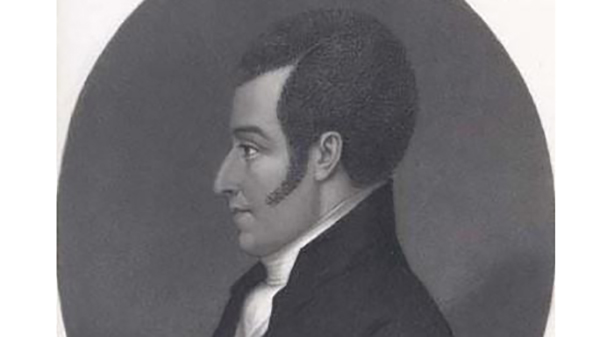
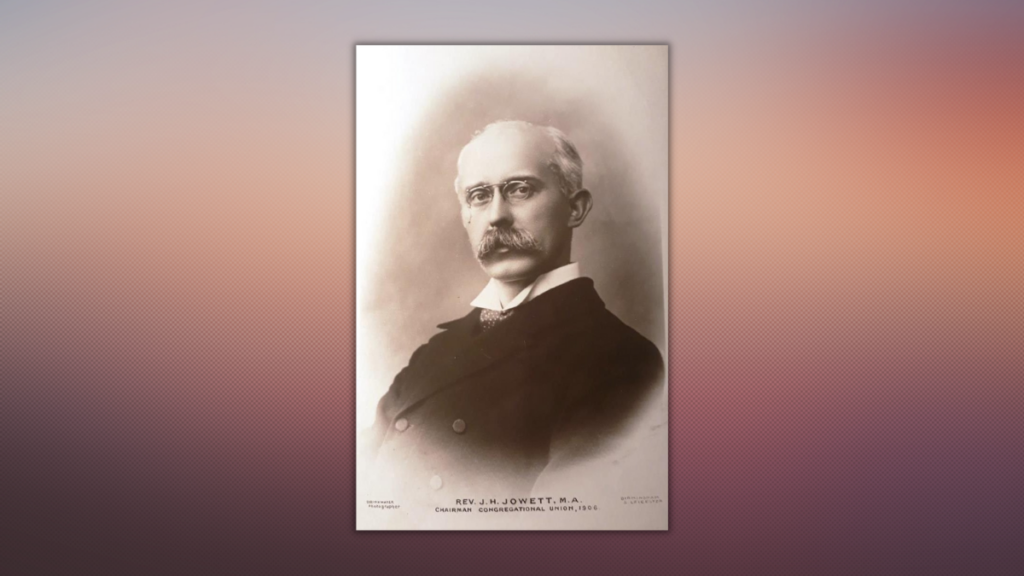
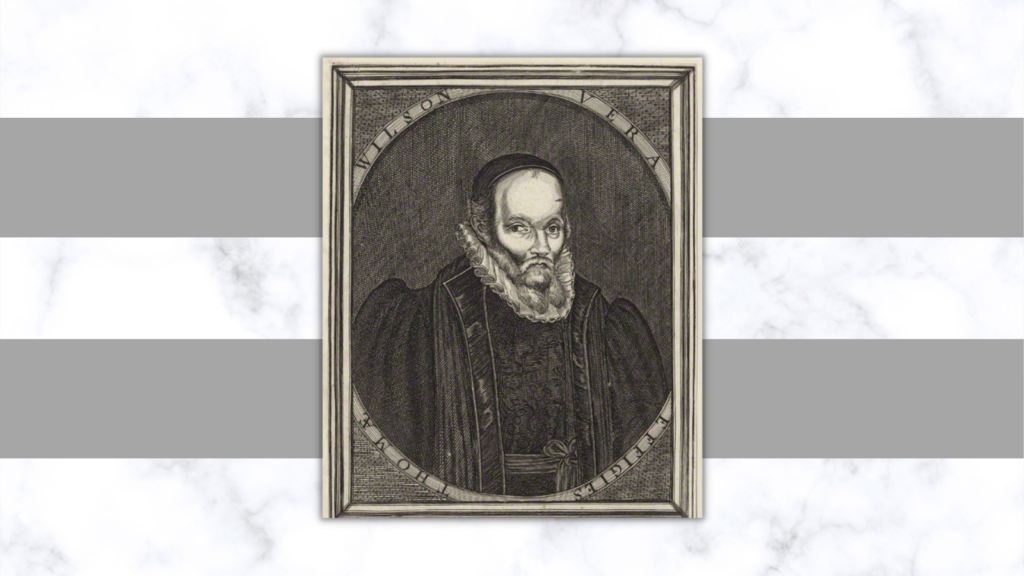
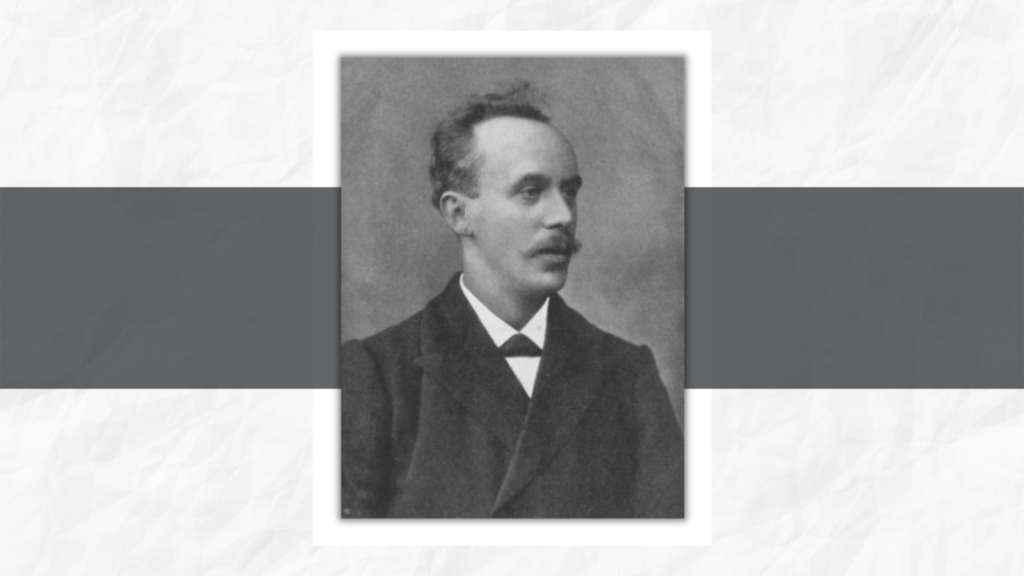
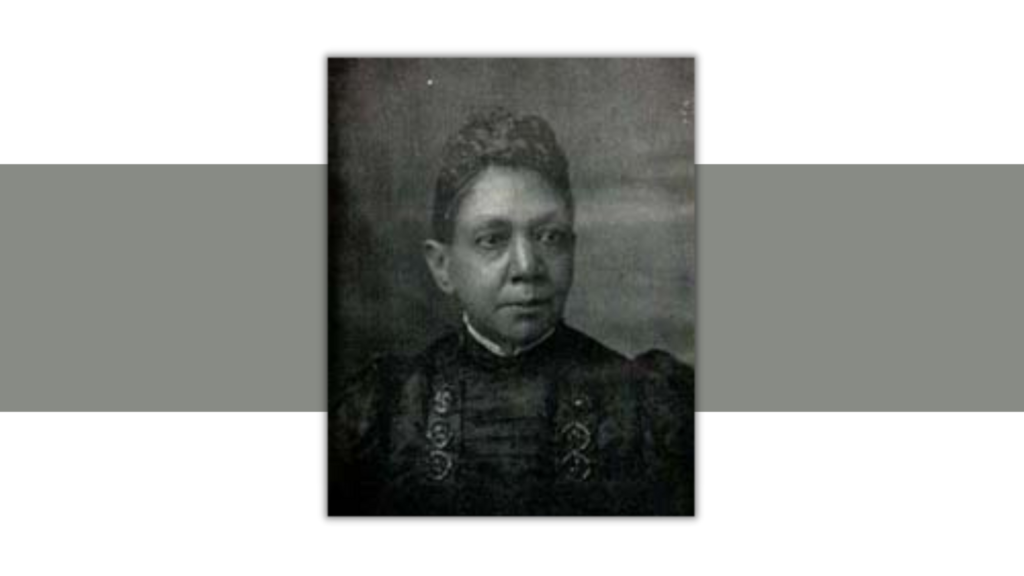
Share with others: